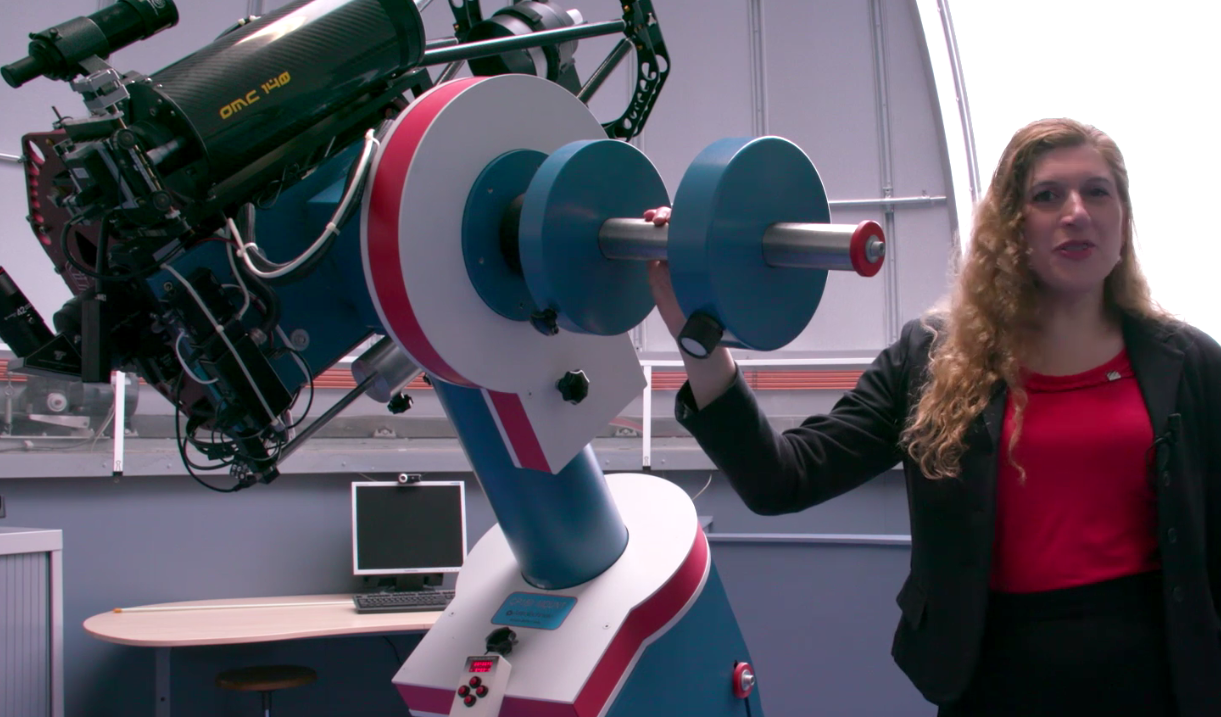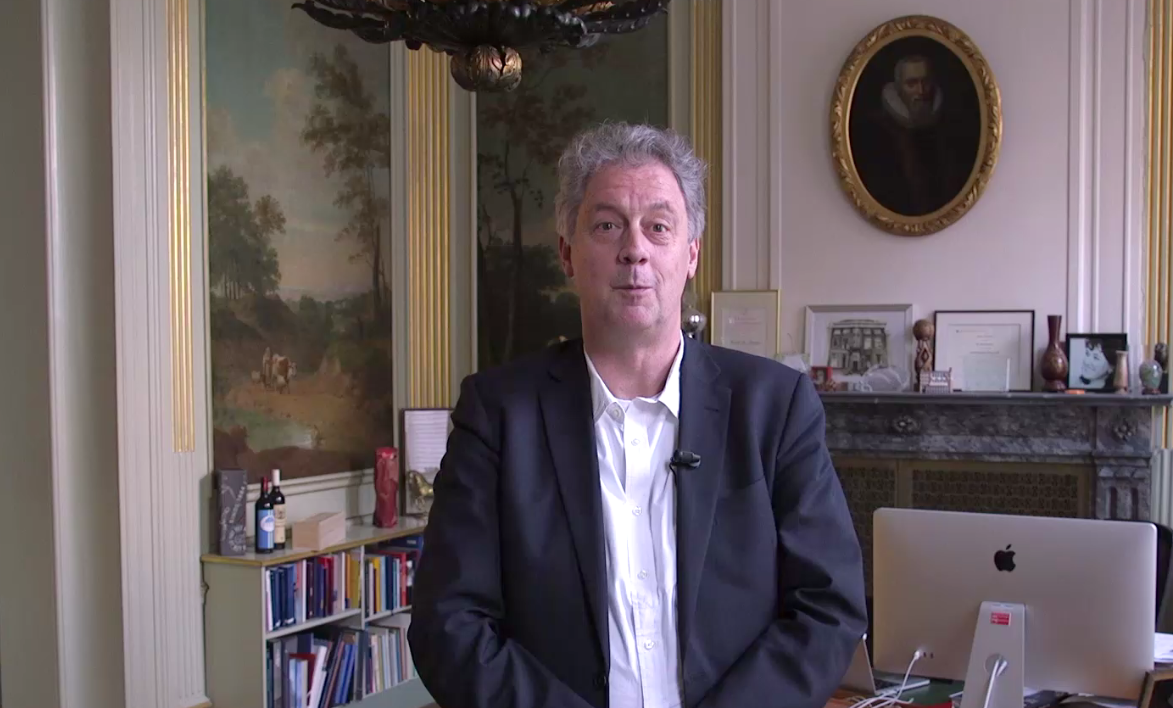Top-level research reveals secrets of distant galaxies thanks to an ERC grant
Looking at distant galaxies is looking at the past. Astronomer Karina Caputi conducts research on galaxies that are so far away that the light she now measures was emitted billions of years ago. The data she collects provide information about what the universe was like a few billion years after the Big Bang. This furthers our understanding of how the universe came into being and how it evolved. Karina Caputi is one of the researchers who received an ERC grant.
Caputi discovered, among other things, that the oldest of the large galaxies, four times the size of our Milky Way, were formed just a billion years after the Big Bang. That is much earlier than was previously believed. She hopes to confirm her findings using the James Webb telescope, the largest telescope ever sent into space, which will be launched in 2018.
Caputi's research project is partly funded by a grant provided by the European Research Council (ERC). The ERC has been awarding grants to excellent researchers since 2007, thus stimulating groundbreaking research in Europe. Over the past decade, University of Groningen researchers have been awarded over 50 ERC grants. Karina Caputi is one of the researchers who received an ERC grant. She unravels the secrets of the universe by studying distant galaxies.
More information


University of Groningen videos
The weekly online video magazine Unifocus highlights topics related to the University of Groningen in the fields of research and society, student life, teaching, policy and internationalization.
You can find more videos in our video portal.
